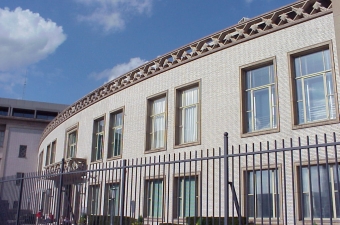The International Criminal Tribunal for the former Yugoslavia (ICTY) was established in 1993 as a response to mass atrocities committed during the conflicts in the former Yugoslavia. The ICTY was the first international criminal court after Nuremberg and Tokyo, created as the first contemporary attempt to address war crimes, crimes against humanity and genocide committed in conflicts.
Despite wide-spread initial skepticism that it would ever become functional, and the trials and tribulations of its early years, the ICTY became the first ever court to indict a sitting head of state for crimes against humanity and would go on to create the legal and procedural basis of the contemporary system of international criminal justice.
Through its trials, the Tribunal has heard close to 5,000 witnesses; established facts about numerous horrific crimes committed in the former Yugoslavia, including genocide; adopted and implemented many ground-breaking legal precedents; and proved that leaders can be held accountable for international crimes, subject to the political will of the international community. Nearly a quarter of a century after its establishment, the ICTY is leaving behind a rich legacy as a solid basis for the further development of international criminal law in years to come.
The video depicts the ICTY groundbreaking achievements over the past 24 years.


